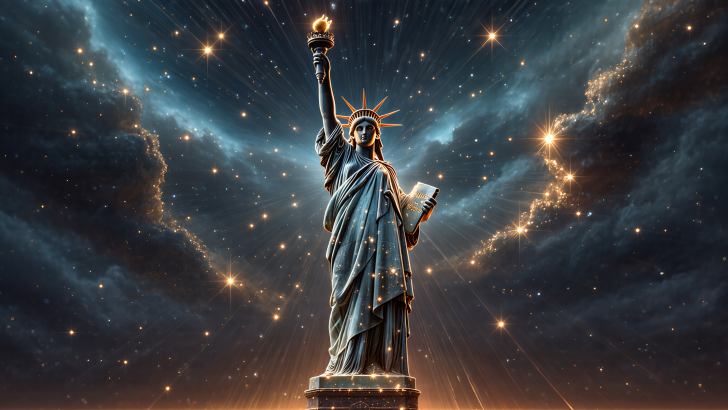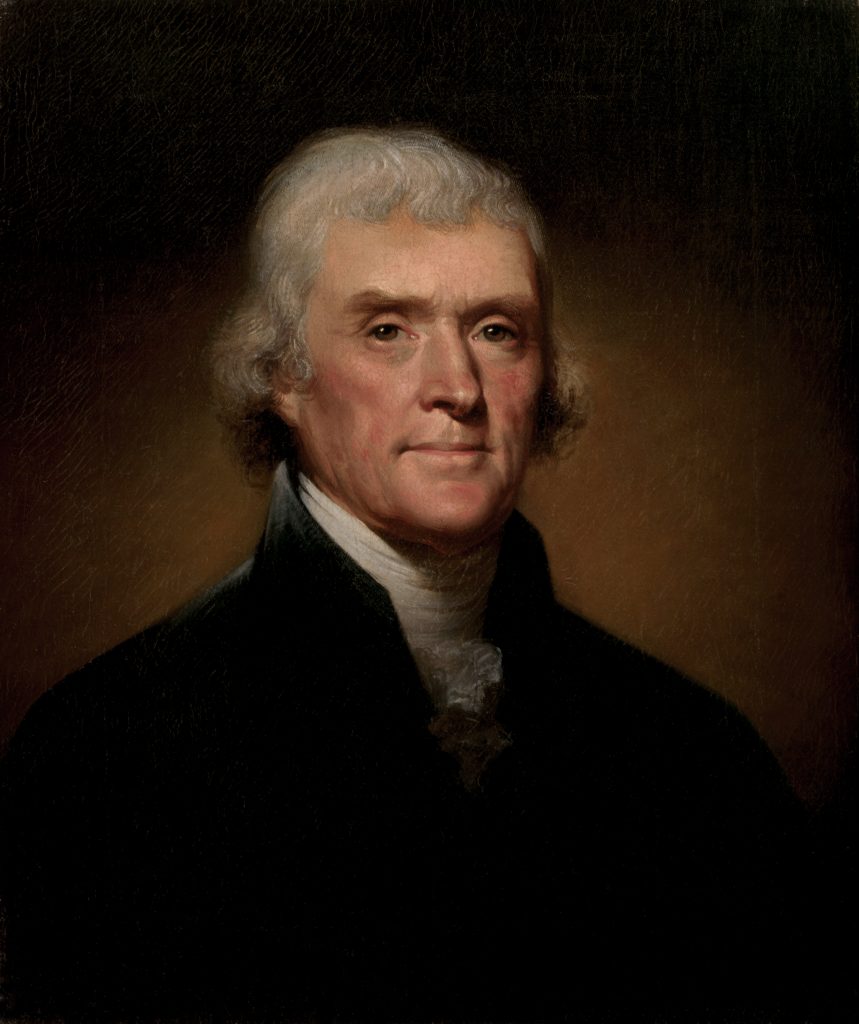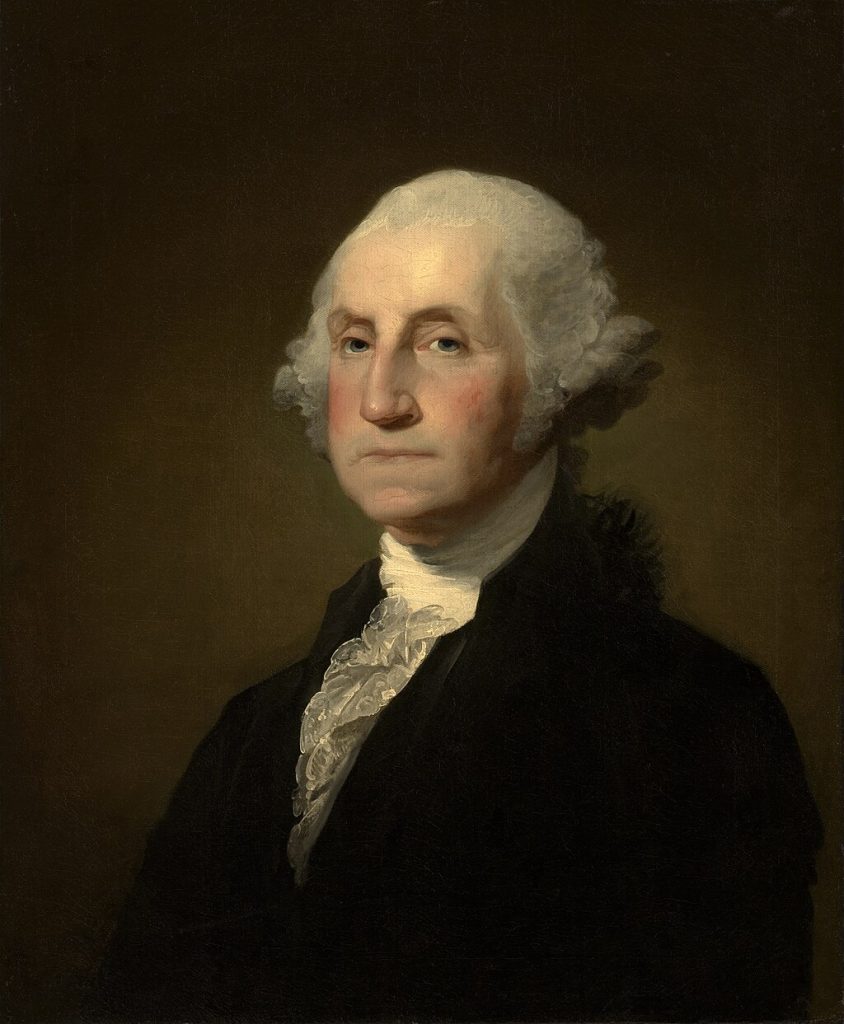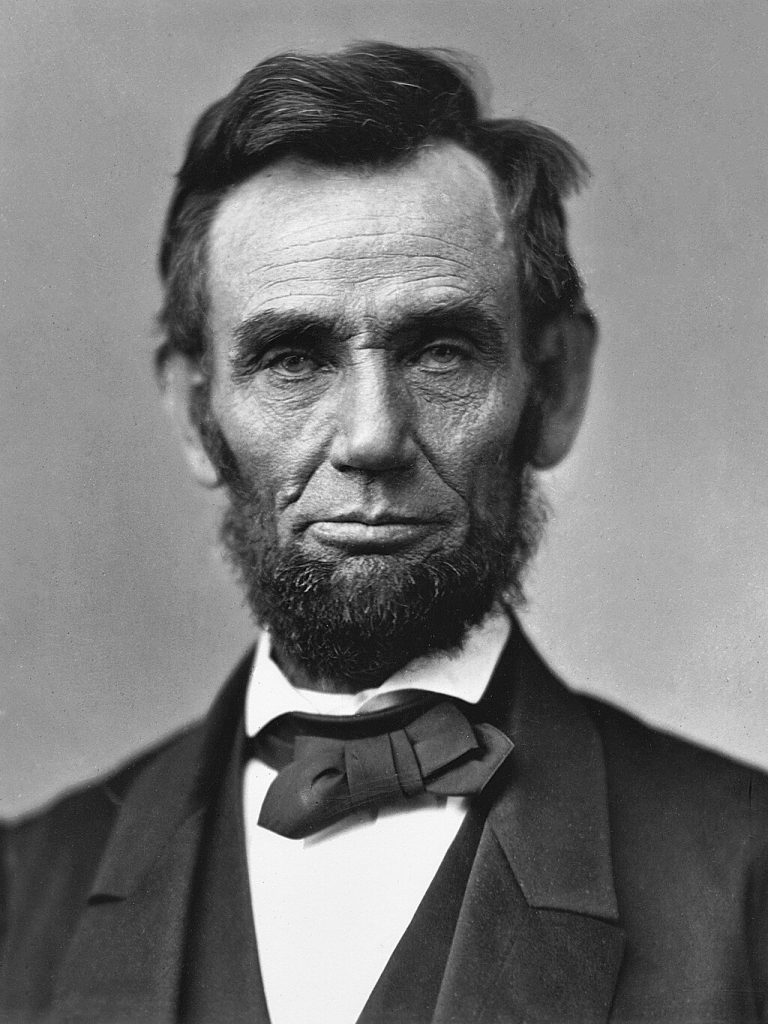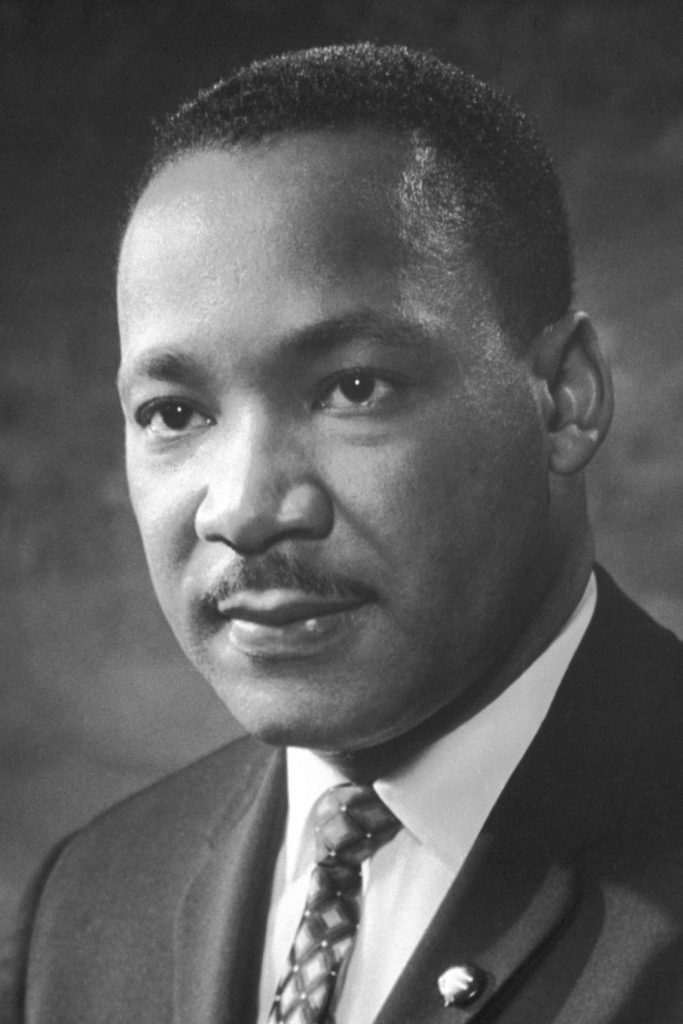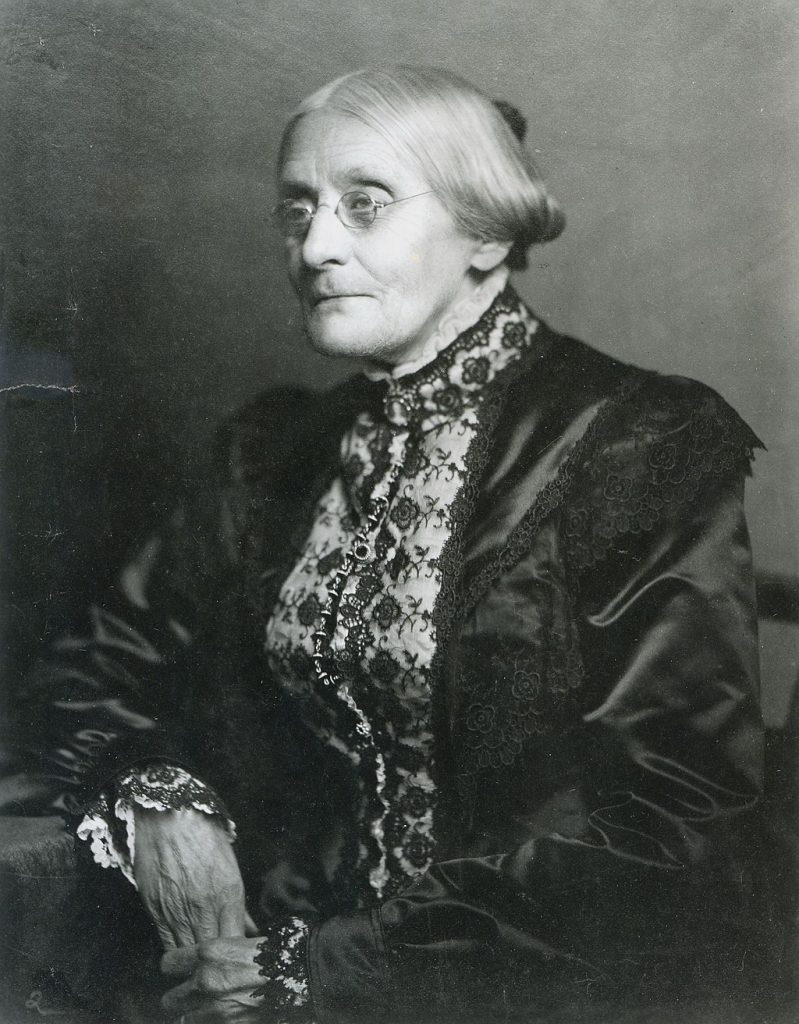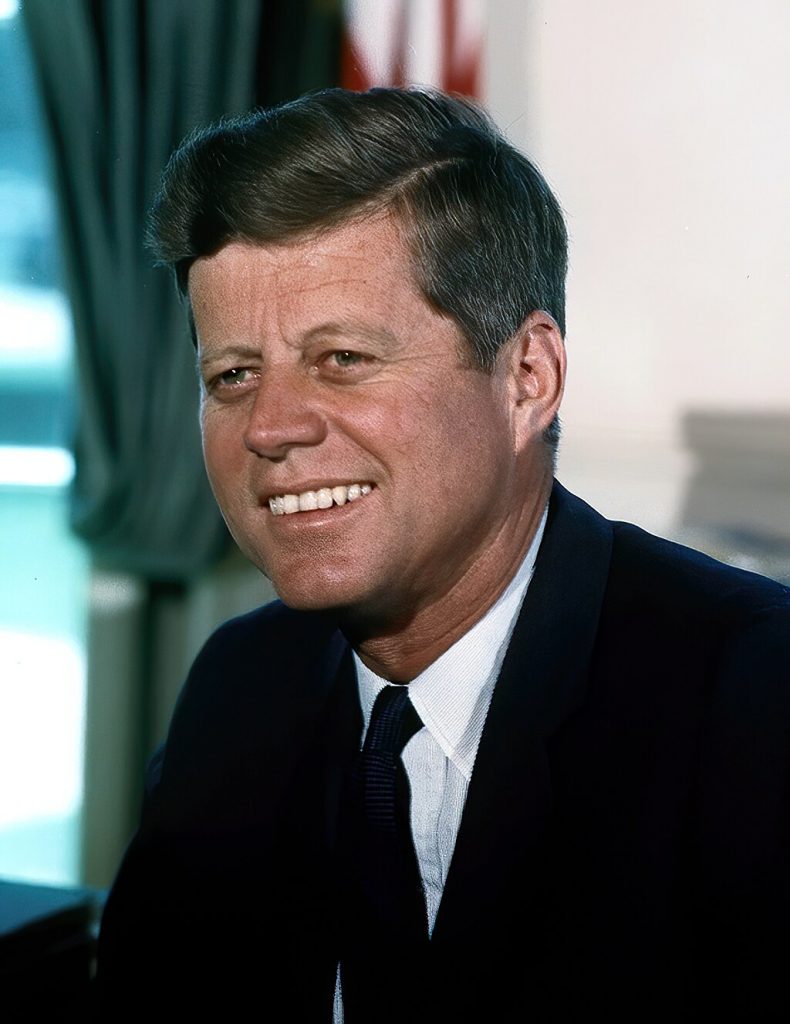From the signing of the Declaration of Independence to the first footsteps on the Moon, America’s story has been shaped by people who stood at the center of turning points.
Historians can trace these moments through documents, speeches, and decisive acts, but there’s another, more symbolic way to look at them – through the lens of astrology.
This list looks at 7 historic figures whose actions helped define the United States, alongside the zodiac signs they were born under.
1. Thomas Jefferson (Aries)
Aries is associated with initiative and first moves.
Thomas Jefferson’s role as the principal drafter of the Declaration of Independence fits that frame: he was tasked by the Continental Congress in June 1776 to write a document that would make a radical, irreversible statement about sovereignty.
Aries’ reputational traits – decisive, willing to start the fight others only debate – map onto Jefferson’s capacity to condense Enlightenment ideas into a blunt break with empire.
His draft would be edited, but the core argument remained: equality, rights, and consent of the governed. Jefferson’s April 13 birthdate marks him Aries to the letter.
Historically, he’s recognized as the Declaration’s primary author and later the nation’s third president.
2. George Washington (Pisces)
Pisces is often linked with 拘束, 直感そして サービス – traits that help explain Washington’s distinctive style.
Rather than seizing power after the Revolution, he repeatedly relinquished it, first returning his commission to Congress, later refusing kingship talk, and finally setting the two-term precedent as president.
That mix of self-command and institutional loyalty is why his leadership is remembered as stabilizing rather than domineering.
Washington’s February 22 birth firmly places him in Pisces, and the core biographical facts – commander in chief of the Continental Army, presiding officer of the Constitutional Convention, first U.S. president – are not in dispute.
Seeing him through a Piscean lens highlights the almost anti-heroic heroism that defined the early republic’s tone: strength coupled with deference to law.
3. Abraham Lincoln (Aquarius)
Aquarius is associated with principled idealism and systems-level reform.
Lincoln’s wartime leadership – and especially the Emancipation Proclamation – embodies that combination of moral aim and institutional pragmatism.
Issued in 1863, Emancipation shifted the Union’s cause toward freedom as a war aim while working within executive war powers.
The Aquarian frame fits his tendency to keep the Union’s long game in view, even when short-term politics were brutal.
Lincoln’s February 12 birthdate makes him Aquarius; his preservation of the Union and emancipation policy are foundational to U.S. history.
The Library of Congress’s documentation of the Proclamation’s drafting shows just how deliberate and transformational the act was.
4. Martin Luther King Jr. (Capricorn)
Capricorn is typically linked with disciplined leadership, institution-building, and persistence over showmanship.
That frame suits Martin Luther King Jr.’s careful strategy: boycotts, negotiations, coalition work, and courtroom-oriented campaigns that translated moral claims into federal legislation.
His “I Have a Dream” address at the March on Washington (August 28, 1963) was a rhetorical high point, but it sat atop years of sustained, structured organizing – the hallmark of earth-sign endurance.
King’s January 15 birth makes him a Capricorn. Considering King through Capricorn underscores the steel behind the lyric: disciplined planning that helped usher in the Civil Rights Act (1964) and Voting Rights Act (1965).
5. Susan B. Anthony (Aquarius)
Another Aquarian, Susan B. Anthony, spent decades pursuing a rights-based overhaul of civic life – textbook air-sign reform energy.
She organized, petitioned, lectured, and even endured arrest for voting in 1872 to force a constitutional conversation that culminated in the 19th Amendment after her death.
Reading Anthony through Aquarius emphasizes her strategic insistence on 平等 as a non-negotiable premise for the republic, not a favor to be granted.
Born February 15, 1820, she emerged from a Quaker context that welded faith to activism and helped professionalize the women’s rights movement.
6. John F. Kennedy (Gemini)
Gemini is associated with fluency, messaging, and adaptive problem-solving.
Few presidencies show that dual capacity more vividly than John F. Kennedy’s: the visionary communication of the Moon goal and the nimble handling of the Cuban Missile Crisis.
His Rice University speech in September 1962 framed space as a national project of purpose and pace – “We choose to go to the Moon” – while his October 1962 address explained a step-by-step quarantine strategy that de-escalated a nuclear standoff.
Kennedy’s May 29 birth places him in Gemini; the presidential library’s records preserve both the aspirational space speech and the crisis address.
7. Neil Armstrong (Leo)
Leo is often linked with courage in the spotlight – stepping forward when it counts. Neil Armstrong, born August 5, embodies that symbolism without theatrics.
について Apollo 11 commander’s calm, exacting professionalism culminated in the first human steps on the lunar surface on July 20, 1969, a moment that has come to represent American technological audacity.
Leo doesn’t mean swagger here; it’s the steadiness to perform under immense visibility and risk.
NASA and Britannica record both the “first person to set foot on the Moon” fact and Armstrong’s biography.
Casting the moon landing through Leo simply highlights the human factor at the center of a vast national effort: one person willing to lead the way down the ladder.

